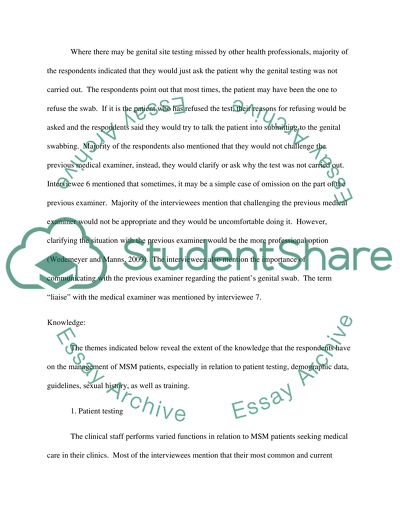Cite this document
(“Mixed Method Qualitative Case Study of the Views and Performance of Dissertation”, n.d.)
Mixed Method Qualitative Case Study of the Views and Performance of Dissertation. Retrieved from https://studentshare.org/nursing/1456503-a-mixed-method-qualitative-case-study-of-the-views
Mixed Method Qualitative Case Study of the Views and Performance of Dissertation. Retrieved from https://studentshare.org/nursing/1456503-a-mixed-method-qualitative-case-study-of-the-views
(Mixed Method Qualitative Case Study of the Views and Performance of Dissertation)
Mixed Method Qualitative Case Study of the Views and Performance of Dissertation. https://studentshare.org/nursing/1456503-a-mixed-method-qualitative-case-study-of-the-views.
Mixed Method Qualitative Case Study of the Views and Performance of Dissertation. https://studentshare.org/nursing/1456503-a-mixed-method-qualitative-case-study-of-the-views.
“Mixed Method Qualitative Case Study of the Views and Performance of Dissertation”, n.d. https://studentshare.org/nursing/1456503-a-mixed-method-qualitative-case-study-of-the-views.


